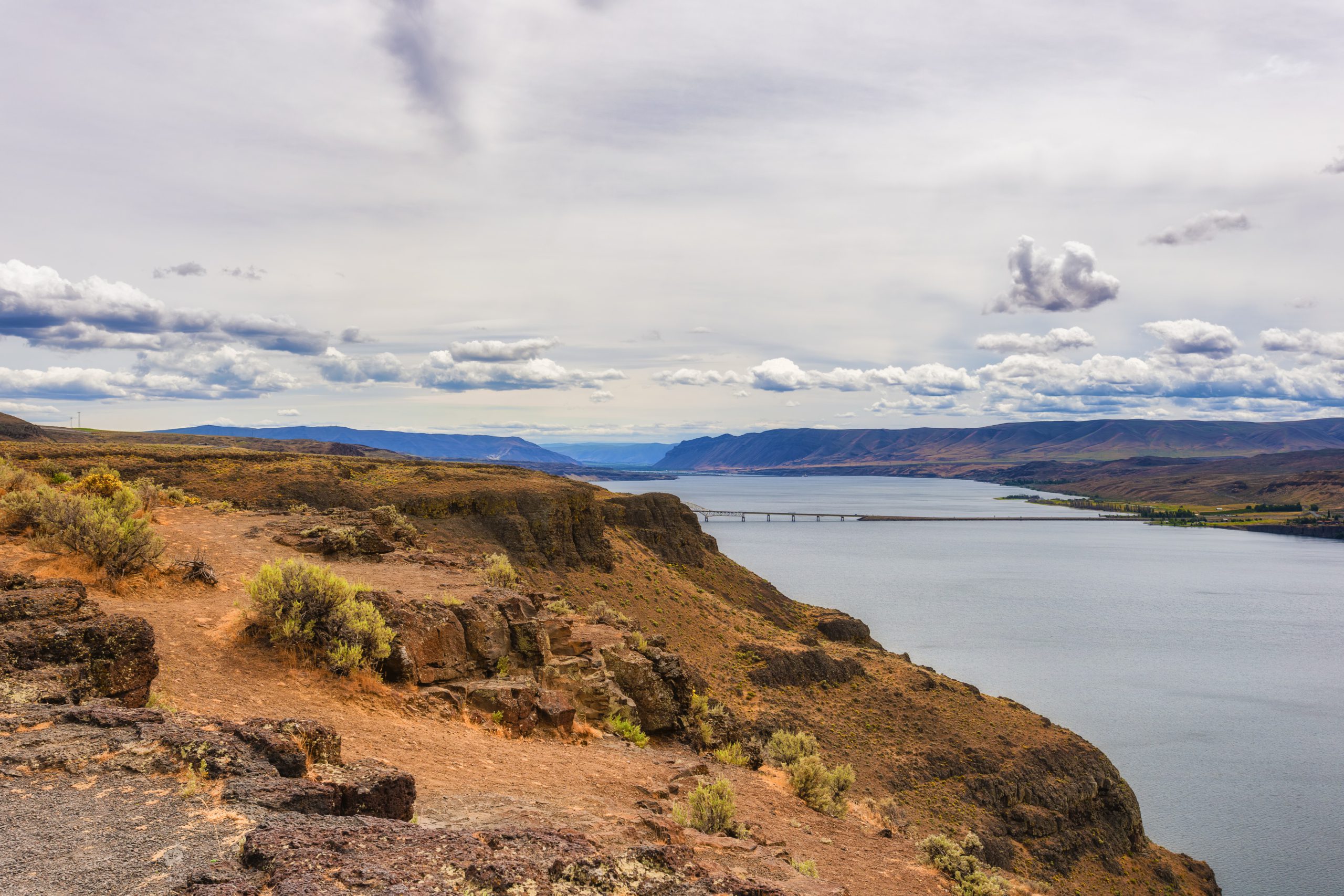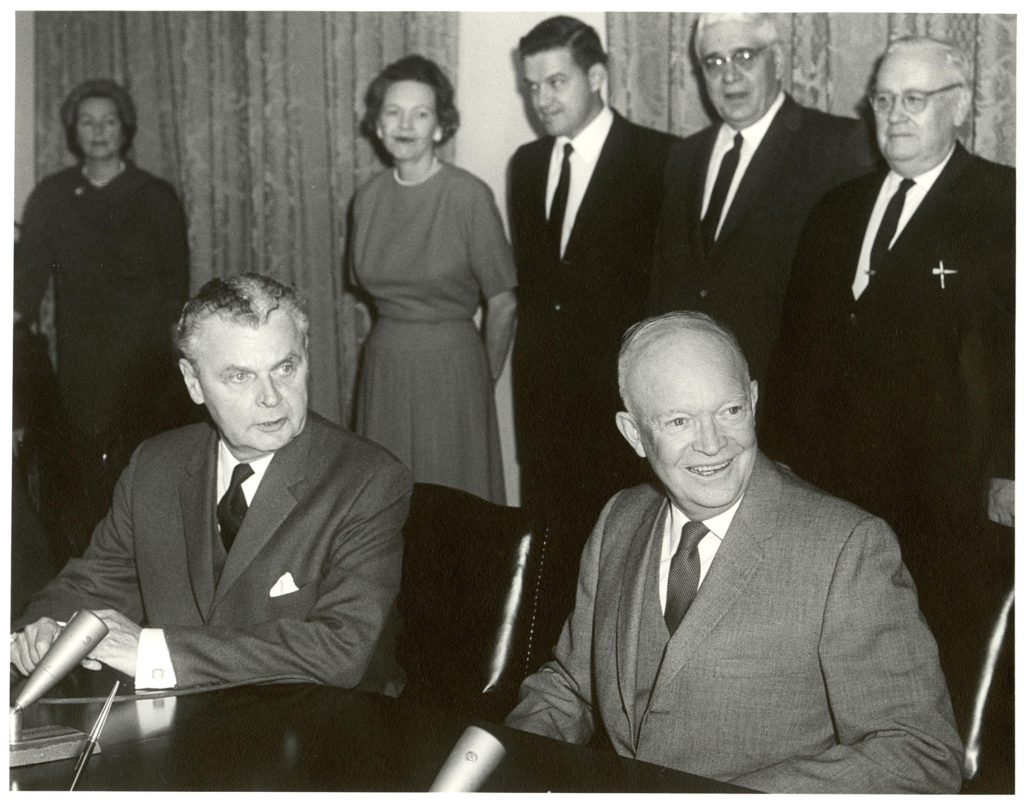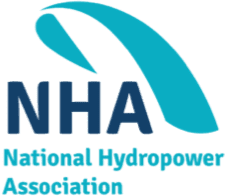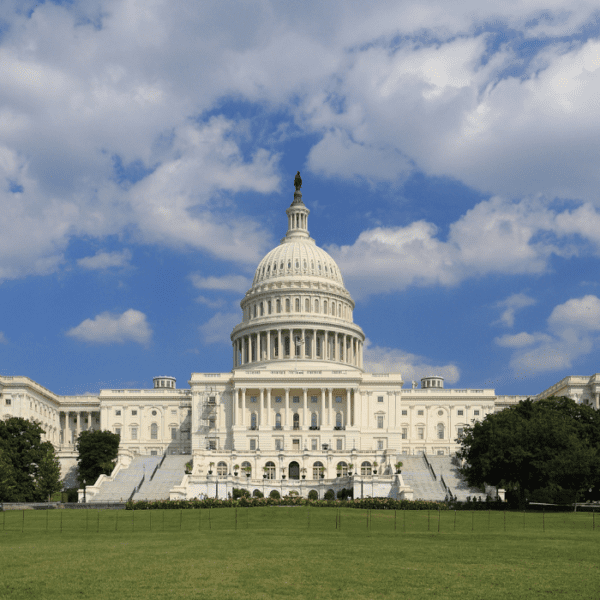Hydropower is an integral component of the clean energy future, but the Pacific Northwest, where 90% of renewable energy comes from hydro, is facing a unique challenge.
The Columbia River Treaty, an agreement signed between the U.S. and Canada in 1961 and implemented in 1964, dictated the joint development of the Columbia River Basin for power and flood control. The agreement contains a provision giving Canada half of the additional power produced at downstream U.S. dams from the construction of Canadian storage facilities.
Dubbed the Canadian Entitlement, the provision is based on an outdated and complicated formula, resulting in the U.S. losing $300 million in hydropower value a year.
The Columbia River Treaty Power Group is seeking a fair and equitable outcome of a modernized treaty on behalf of Northwest electric ratepayers. The group includes consumer and investor-owned utilities, as well as other Pacific Northwest trade organizations. The Power Group is working with the Northwest congressional delegation and asking the Biden-Harris administration for a 90% reduction to the Canadian Entitlement. This reduction would better align the payments to the current value of Canadian storage for U.S. power generation.

Columbia River Gorge landscape under cloudy skies near Tri-Cities in Washington State
BACKGROUND
The Columbia River Treaty is an international agreement between the United States and Canada to ensure the mutual development of the Columbia River for flood control and related coordinated power systems for both countries.
Under the Canadian Entitlement, the U.S. transfers hydroelectric energy and capacity produced in the U.S. to Canada under the Canadian Entitlement. The negotiated 1960’s calculations made assumptions about the future that did not occur. For more information on the history of the Treaty and the Canadian Entitlement, please check out this link to learn more.
Today, these calculations exceed the actual benefits of coordinated operations by as much as 90%, equating to an annual obligation of about 450 aMW of energy and over 1,000 MW of capacity. The lost hydropower value to the United States is approximately $300 million a year, depending on the increasing value of carbon-free power in the regional energy market.
The United States and Canada have been in negotiations since 2018 to modernize the Treaty.

John Diefenbaker (13th Prime Minister of Canada) and Dwight D. Eisenhower (34th President of the U.S.) at the signing of the Columbia River Treaty in 1961.
HYDROPOWER’S IMPORTANCE IN THE PACIFIC NORTHWEST
Hydropower has historically made up a significant percentage of the Pacific Northwest’s electrical generation needs. The Bonneville Power Administration (BPA) estimates 60% of the region’s residents rely on hydropower.
Hydropower also accounts for 90% of the Pacific Northwest’s renewable energy and reliably integrates solar and wind. The 2021 Northwest Power Plan found the region needs at least 3,500 MW of new renewable capacity by 2027. Retaining over 1,000 MW of hydropower capacity currently returned to Canada would meet nearly one-third of the projected shortfall.
The Power Group was organized to urge fair rebalancing of the Canadian Entitlement. It is working with the regional Congressional delegation to advocate for a modernized Treaty.
The Power Group and the bipartisan Northwest congressional delegation are asking the Biden Administration’s State Department to negotiate a modernized Columbia River Treaty. Going forward, it should adequately balance the region’s flood risk management needs while eliminating overpayment in power provisions.
Aggressive clean energy goals coupled with population growth and economic demands mean that the value of clean, renewable hydroelectric power for the Pacific Northwest is greater than ever. Reestablishing a more balanced entitlement provision by reducing the Canadian Entitlement by 90%should be a priority for the United States.

Columbia River Gorge at sunset.
WHAT COMES NEXT?
On April 27, the Power Group sent a letter to the White House detailing its position in three key areas:
1. Updating the unfair Canadian Entitlement
2. Ensuring power ratepayers are not paying for flood control
3. The need to consider the effects on downriver operators and the communication to non-federal dam operators
To follow the Power Group’s efforts to achieve a fair value outcome within a modernized treaty, go to www.crtpowergroup.org and follow them on LinkedIn.












